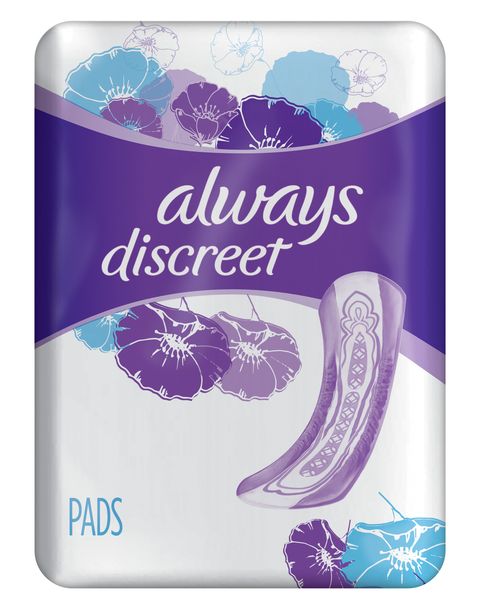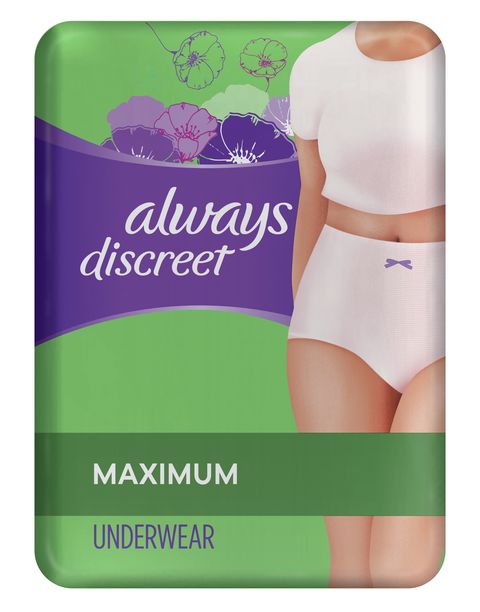A lot happens between a positive pregnancy test and that first newborn nuzzle—much of which can be pretty uncomfortable. There’s morning sickness, heartburn, swollen ankles, backache…. And, of course, there’s that bothersome condition that affects half of women during pregnancy and another one-third of women within the first three months after giving birth: incontinence, or bladder leakage.
“It’s so common, that it’s almost like one of those tropes,” says birth and postpartum doula Holly Yeager, CBD, CPD, owner of Lancaster Doulas. “Oh, you’re pregnant? Have fun peeing yourself every time you laugh, or sneeze, or giggle, or step out of your car!”
So what causes this unwelcome phenomenon? It’s generally related to the added weight of the uterus on the perineum and all the muscles that hold the bladder in place. “This usually starts around the 20-to-30-week range as the uterus grows, putting stress on those muscles,” Yaeger explains. Plus, your blood volume increases during pregnancy, and as blood flow improves and kidney activity increases, it causes more frequent urination.
While there’s nothing inherently dangerous or medically concerning about this type of incontinence during pregnancy or after giving birth, it can be uncomfortable. Thankfully, there are a handful of non-invasive ways to manage pregnancy and postpartum incontinence.
1. Book an Appointment with a Pelvic Floor Therapist
Believe it or not, there’s a form of physical therapy that specializes in incontinence. Pelvic floor therapists are trained to “do a comprehensive exam to find out exactly where that muscle weakness is and where that disconnect is, so that they can give you very specific exercises to strengthen it,” says Yeager. Plus, the practice is safe during and after pregnancy.
2. Use Pads and Liners for Protection
Typically, expectant moms will experience urine leaks while sneezing, coughing, jumping, or doing other strenuous movements that make the belly bounce a bit, and that’s where Always Discreet pads and liners come in handy. Yeager also recommends them to patients as their due date draws near for one very specific reason. “A lot of times, people have a big fear of their water breaking when they’re out and about,” she says. “By wearing a pad or panty liner, it won’t catch a huge gush, but it’s going to catch a lot of it.”
3. Learn How to Do a Proper Kegel
Kegels are a simple pelvic floor exercise you can do anytime, anywhere—the key is to ensure you’re doing them correctly. While you can find videos online that walk you through muscle activation, or have a pelvic floor therapist guide you, Yeager says a quick way to know if you’re doing it right is to try kegels while sitting on the toilet. “Start peeing, and then stop, and feel the muscles that tense when you stop,” she says. “Those are the same muscles you want to engage when doing a kegel.”
4. Try Deep-Breathing Exercises
Yeager says that when you take a nice, deep breath of air and fill your lungs the whole way up, it pushes down on the bottom of your diaphragm—which, in turn, pushes down on your pelvic floor. This action helps to pull those muscles in and tighten them. Be sure to take a big breath, so that your belly pokes out a little bit, then hold that for a few seconds before exhaling fully.
5. Get Added Insurance Against Postpartum Leaks
Whether you’ve just had a baby or need a little extra protection beyond a pad or liner, Always Discreet Underwear can help. “We’re a big fan of those because they hold a tremendous amount of fluid,” says Yeager, who likes that they feel like regular panties and not a bulky diaper. “We recommend to all our clients that they use Always Discreet Underwear postpartum because they get much more coverage than a pad and they will soak up a lot of that afterbirth, bleeding, and fluid better than a maxi pad would.”
*The advice in this article was sourced independently, not by P&G. For medical advice or attention, seek a licensed physician.
https://www.oprahdaily.com/life/health/a39929731/a-doulas-5-tips-for-managing-pregnancy-and-postpartum-incontinence/
You may also like
-
Reclaiming Movement: A Look into the World of Physical Therapy
-
Physical Therapy Software Market Size, Scope and Forecast
-
Cardiovascular And Pulmonary Physical Therapy Residency Program | VA Madison Health Care
-
Head-To-Head Review: Enovis (ENOV) vs. Its Peers
-
Fairmont State, Wheeling University Announce Partnership | News, Sports, Jobs


